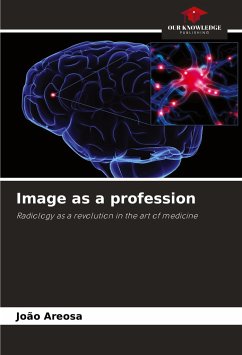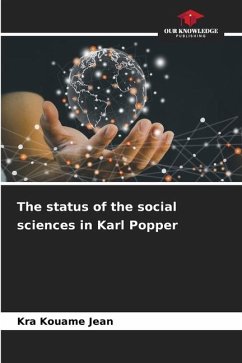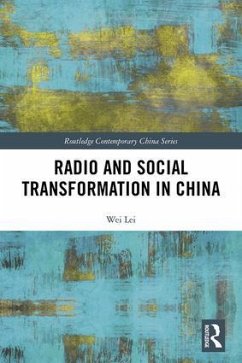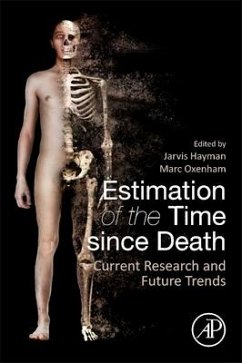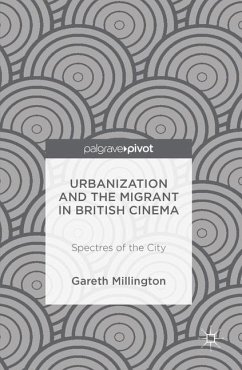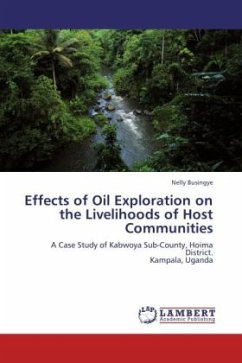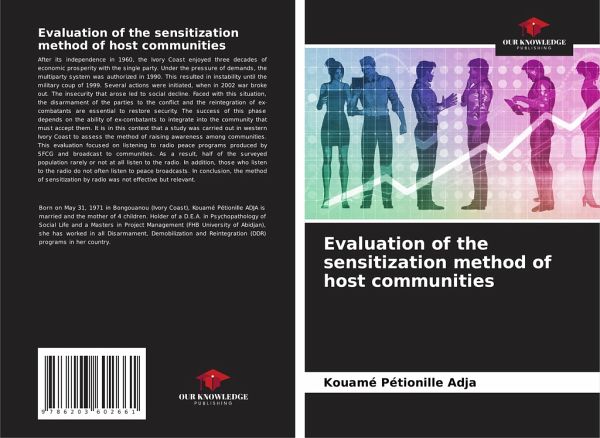
Evaluation of the sensitization method of host communities
Versandkostenfrei!
Versandfertig in 6-10 Tagen
36,99 €
inkl. MwSt.

PAYBACK Punkte
18 °P sammeln!
After its independence in 1960, the Ivory Coast enjoyed three decades of economic prosperity with the single party. Under the pressure of demands, the multiparty system was authorized in 1990. This resulted in instability until the military coup of 1999. Several actions were initiated, when in 2002 war broke out. The insecurity that arose led to social decline. Faced with this situation, the disarmament of the parties to the conflict and the reintegration of ex-combatants are essential to restore security. The success of this phase depends on the ability of ex-combatants to integrate into the ...
After its independence in 1960, the Ivory Coast enjoyed three decades of economic prosperity with the single party. Under the pressure of demands, the multiparty system was authorized in 1990. This resulted in instability until the military coup of 1999. Several actions were initiated, when in 2002 war broke out. The insecurity that arose led to social decline. Faced with this situation, the disarmament of the parties to the conflict and the reintegration of ex-combatants are essential to restore security. The success of this phase depends on the ability of ex-combatants to integrate into the community that must accept them. It is in this context that a study was carried out in western Ivory Coast to assess the method of raising awareness among communities. This evaluation focused on listening to radio peace programs produced by SFCG and broadcast to communities. As a result, half of the surveyed population rarely or not at all listen to the radio. In addition, those who listen to the radio do not often listen to peace broadcasts. In conclusion, the method of sensitization by radio was not effective but relevant.




